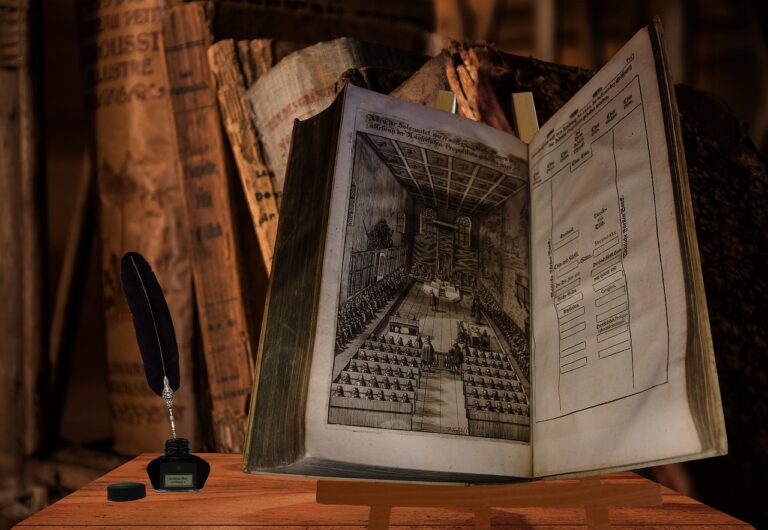The Role of Play in Early Childhood Development: Betbhai.com exchange, Play99 exchange, Gold365 registration
betbhai.com exchange, play99 exchange, gold365 registration: The Role of Play in Early Childhood Development
Play is an essential aspect of early childhood development. It is through play that children learn about the world around them, develop key skills, and build a foundation for future learning and social interaction. In this article, we will explore the importance of play in early childhood development and how it impacts various aspects of a child’s growth and development.
The Importance of Play
Play is not just a fun activity for children; it is a crucial part of their cognitive, emotional, and social development. Through play, children learn to explore their environment, develop fine and gross motor skills, and build essential social and emotional skills, such as empathy, cooperation, and problem-solving.
Types of Play
There are various types of play that children engage in, each serving a unique purpose in their development. Some common types of play include:
– Pretend Play: Also known as imaginative play, this type of play allows children to role-play and explore different scenarios, helping them develop creativity and problem-solving skills.
– Physical Play: Physical play involves activities that help children develop their gross and fine motor skills, such as running, jumping, and climbing.
– Social Play: Social play involves interactions with other children, helping them learn important social skills, such as sharing, taking turns, and cooperating.
– Constructive Play: Constructive play involves building and creating things, helping children develop their problem-solving and spatial awareness skills.
The Benefits of Play
Engaging in play has numerous benefits for children’s development, including:
– Cognitive Development: Play helps children develop critical thinking skills, creativity, and problem-solving abilities.
– Emotional Development: Play allows children to express their emotions, build self-confidence, and develop empathy towards others.
– Social Development: Play helps children learn important social skills, such as communicating, cooperating, and resolving conflicts.
– Physical Development: Play helps children develop their gross and fine motor skills, as well as improve their coordination and balance.
FAQs
Q: How much playtime should children have each day?
A: Children should have at least one hour of playtime each day, but more is always beneficial.
Q: Is structured play better than unstructured play?
A: Both structured and unstructured play have their benefits. It is essential to provide a balance of both to support children’s development.
Q: Can screen time be considered play?
A: While some digital games can have educational value, it is essential to limit screen time and encourage more hands-on, interactive play for optimal development.
In conclusion, play plays a vital role in early childhood development. By providing children with ample opportunities for play, we can support their cognitive, emotional, social, and physical growth, setting them up for success in later life.







